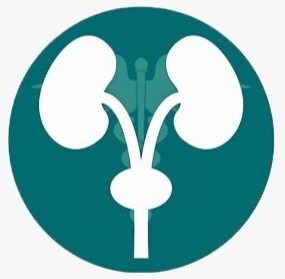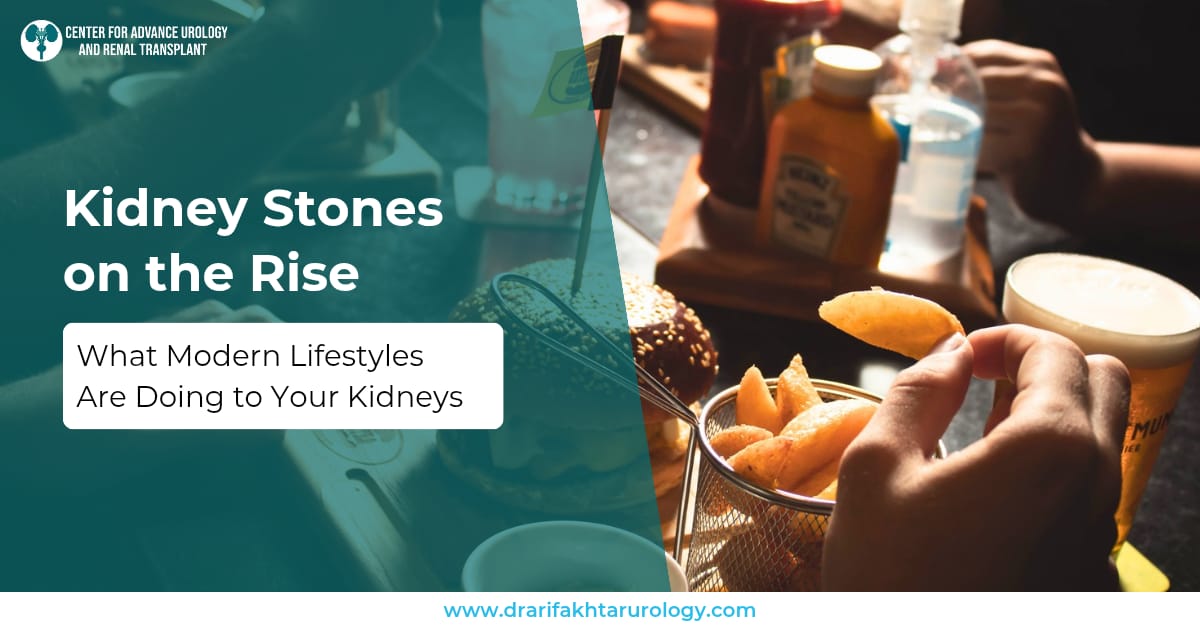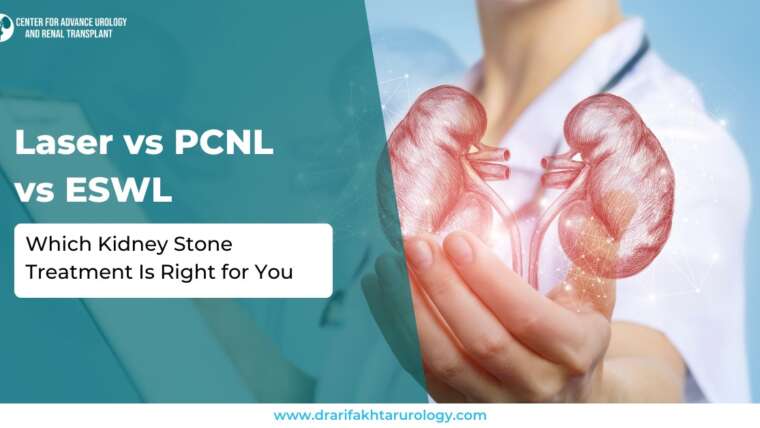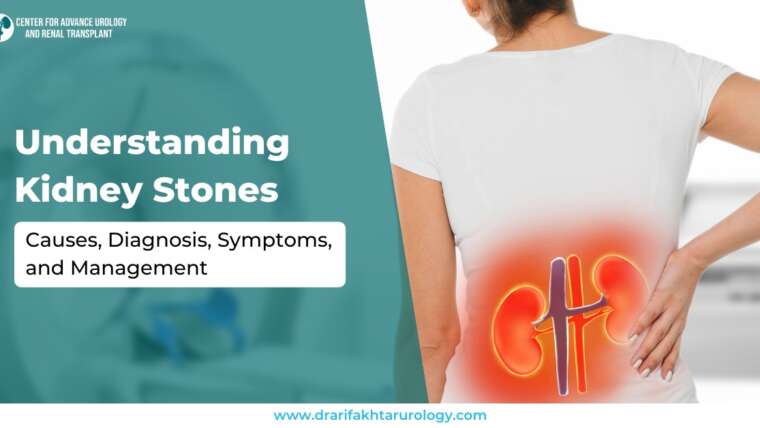Introduction
Kidney stones are becoming more prevalent in recent years, and modern lifestyles are a significant contributing factor. These painful and often debilitating stones can cause severe discomfort and, if left untreated, lead to complications. Factors such as diet, hydration habits, and sedentary living all play a role in the rising incidence of kidney stones. In this blog, we’ll explore why kidney stones are on the rise and how modern life is contributing to this trend, as well as practical steps to prevent them.
What are kidney stones and why are they rising?
Kidney stones are hard deposits of minerals and salts that form in the kidneys, which then move into the urinary tract. The increasing number of cases can be attributed to a combination of poor diet, dehydration, lack of physical activity, and other modern lifestyle habits. These stones vary in size, from small crystals to larger stones that may require surgical intervention. The growing prevalence is largely driven by changes in diet, increased sugar intake, and a lack of hydration, common in today’s fast-paced world.
Key lifestyle factors contributing to kidney stones
Poor hydration habits
One of the primary causes of kidney stones is insufficient water intake. Dehydration leads to concentrated urine, making it easier for crystals to form. Many individuals, especially those leading busy, sedentary lives, neglect the importance of proper hydration. It’s essential to drink enough water throughout the day to keep the urine diluted and prevent the formation of kidney stones.
Diet high in salt and sugar
A modern diet rich in processed foods, fast food, and sugary drinks contributes to kidney stone formation. High salt intake leads to increased calcium in the urine, which can form stones. Similarly, a diet high in sugar—especially fructose—can increase the risk of forming stones by raising uric acid levels, a key contributor to kidney stone development. Reducing processed food consumption, limiting salt, and cutting back on sugary drinks can significantly lower the risk of kidney stones.
Lack of physical activity
A sedentary lifestyle contributes to a variety of health problems, including kidney stones. Regular exercise helps maintain a healthy body weight, reduces inflammation, and ensures that the body efficiently processes waste. Lack of movement, on the other hand, can lead to poor circulation and higher calcium levels in the urine, both of which contribute to stone formation.
High-protein diets
Excessive protein consumption, particularly animal protein, increases the body’s acidity and promotes calcium and uric acid buildup in the kidneys. While protein is essential for the body, moderation is key, especially when it comes to red meats and high-protein diets that are becoming increasingly popular in modern diets.
How modern lifestyles affect kidney health
Increased stress levels
Chronic stress, which is common in today’s fast-paced world, can lead to an increase in cortisol levels, a hormone that can alter how the kidneys process minerals and water. Stress also contributes to unhealthy habits like poor eating, dehydration, and lack of exercise, all of which contribute to kidney stone formation.
Lack of sleep
Many modern lifestyle patterns involve poor sleep habits. Sleep deprivation has been linked to a higher risk of kidney disease and kidney stones, as insufficient sleep can affect kidney function and waste removal. Ensuring adequate rest and managing sleep hygiene are essential for kidney health.
Sedentary work environment
Long hours spent sitting at a desk or in front of a screen can lead to dehydration and poor circulation, both of which are factors in kidney stone formation. Additionally, the lack of physical movement decreases the body’s ability to flush out waste and prevent the build-up of crystals in the kidneys.
How to prevent kidney stones
Stay hydrated
The most effective way to prevent kidney stones is simple: drink plenty of water. Aim for at least 2 to 3 litres of water a day, depending on your activity level and climate. This helps to dilute urine and flush out any substances that could form into stones.
Improve your diet
Avoid excessive salt, sugar, and protein. Opt for a diet rich in fruits, vegetables, and whole grains. Eating foods like leafy greens, citrus fruits, and berries can help protect against kidney stones. Adding more plant-based proteins, such as beans, lentils, and tofu, can also reduce the risks associated with animal proteins.
Exercise regularly
Aim for at least 30 minutes of moderate exercise most days of the week. This not only supports overall health but also helps keep your kidneys healthy by reducing inflammation and improving circulation. It can also help you maintain a healthy weight, which is another factor in kidney stone prevention.
Manage stress and sleep better
Prioritise mental health by managing stress through relaxation techniques such as yoga, meditation, or deep breathing exercises. Ensure you get at least 7 to 8 hours of sleep each night to allow your body and kidneys to rest and recover.
Conclusion
Kidney stones are becoming increasingly common, and modern lifestyle habits are to blame. Poor hydration, an unhealthy diet, lack of physical activity, and stress all contribute to the rising numbers of kidney stone cases. However, these factors are largely preventable. By drinking enough water, eating a balanced diet, staying active, and managing stress, you can significantly reduce your risk of developing kidney stones. It’s essential to make small, healthy changes today for better kidney health tomorrow.




